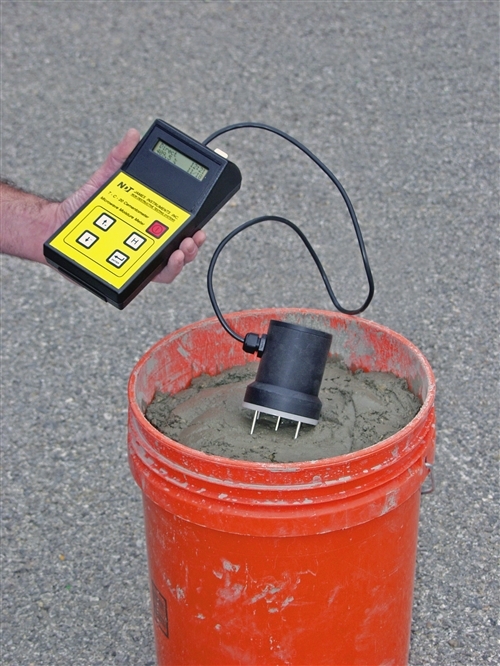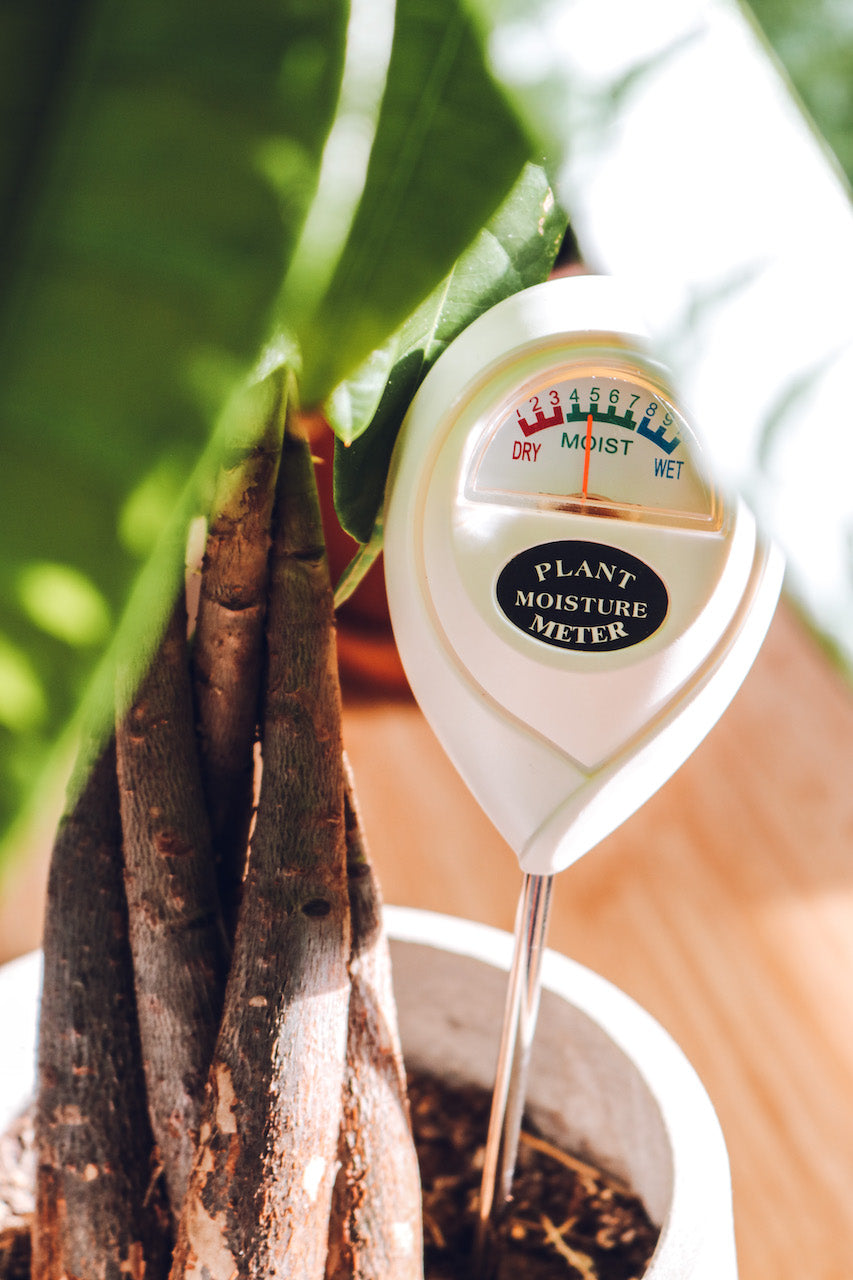Top 10 Benefits of Using a Moisture Meter for Definite Measurements in Your Home
Top 10 Benefits of Using a Moisture Meter for Definite Measurements in Your Home
Blog Article
The Ultimate Guide to Moisture Meters: A Comprehensive Summary and Exactly How They Can Conserve You Money
In the world of building upkeep, building, and various sectors, the relevance of precisely gauging wetness degrees can not be overemphasized. Dampness meters function as crucial devices in identifying and checking moisture content in products, aiding in preventing pricey problems and ensuring the high quality of products. Comprehending the subtleties of different kinds of wetness meters, their applications, and the potential cost-saving advantages they provide can be a game-changer for companies and specialists alike. Finding exactly how these devices can not only enhance processes but also add to financial savings is a journey worth beginning on.
Kinds Of Wetness Meters
Various kinds of wetness meters are available for different applications in various sectors. One usual kind is the pin-type moisture meter, which determines the electrical resistance in between two pins placed into a product. This kind appropriates for wood, drywall, and other building materials. Pinless dampness meters, on the other hand, use electro-magnetic sensing unit plates to scan a larger area without causing damage to the product's surface. Moisture Meter. These meters are optimal for rapidly evaluating wetness levels in large areas such as floors and walls.

Infrared dampness meters gauge the thermal properties of a product to identify its dampness material non-invasively, making them helpful for applications where pin or pinless meters may not be ideal. Understanding the different kinds of moisture meters offered can assist markets select the most ideal device for their certain moisture dimension requirements.

Benefits of Using Dampness Meters
Dampness meters use indispensable advantages in precisely checking and evaluating wetness degrees in varied materials and atmospheres. One of the primary advantages of using wetness meters is the avoidance of prospective damages triggered by excess moisture.
In addition, using wetness meters can bring about enhanced power effectiveness. By identifying locations with high dampness degrees, such as leaks or inadequate insulation, modifications can be made to improve power preservation and decrease energy expenses. In agricultural setups, wetness meters play a critical duty in enhancing crop returns by enabling farmers to monitor dirt dampness degrees and make notified irrigation choices. In general, the advantages of utilizing wetness meters span throughout different industries, giving cost-efficient services and advertising much better quality control practices.
Just How to Select the Right Moisture Meter
When choosing a dampness meter, it's essential to make certain that the meter is suitable for the certain product you will certainly be testing. Various products have varying electric residential or commercial properties that can influence wetness readings, so picking a meter created for your material is critical for precise results. By carefully reviewing these elements, you can choose a dampness meter that satisfies your demands and supplies accurate dampness measurements for your tasks.
Appropriate Techniques for Wetness Meter Usage

Price Financial Savings Via Dampness Meter Applications
How can the calculated utilization of moisture meters lead to significant expense financial savings throughout numerous markets? Wetness meters play a crucial duty in expense savings by avoiding potential damages and making sure quality assurance in different fields. In the farming market, moisture meters help in figuring out the ideal time for harvesting plants, stopping over-drying or excess moisture that can impact the last product's quality. This specific surveillance assists farmers avoid unneeded losses and maximize their yield.
Similarly, in construction, moisture meters aid prevent costly problems by discovering moisture levels in structure materials, such as timber or concrete, which can lead to architectural issues otherwise resolved immediately. By identifying issue locations early, professionals can take rehabilitative measures to prevent comprehensive fixings or replacements, eventually conserving time and money.
Additionally, in the food handling market, dampness meters are vital for keeping track of item quality and making sure compliance with security policies. By properly gauging moisture web content in food products, producers can prevent spoilage, preserve freshness, and reduce waste, leading to significant price financial savings. Generally, the critical application of wetness meters is a valuable financial investment that can cause significant cost decreases and improved effectiveness throughout different industries.
Final Thought
In conclusion, moisture meters are valuable devices for discovering and gauging dampness degrees in numerous products. By making use of the right dampness meter and complying with appropriate methods, users can effectively protect against expensive damages caused by excess wetness.
Moisture meters offer as indispensable tools in detecting and keeping an eye on moisture material in materials, aiding in protecting against pricey damages and making certain the top quality of items. visit the site Infrared dampness meters gauge the thermal residential or commercial properties of a product to determine its wetness web content non-invasively, making them useful for applications where pin or pinless meters may not websites be ideal.Moisture meters provide very useful advantages in precisely keeping an eye on and analyzing moisture levels in diverse materials and environments. In agricultural setups, moisture meters play an essential duty in optimizing crop returns by allowing farmers to monitor dirt wetness degrees and make notified watering decisions.In final thought, moisture meters are important devices for spotting and measuring moisture levels in numerous materials.
Report this page